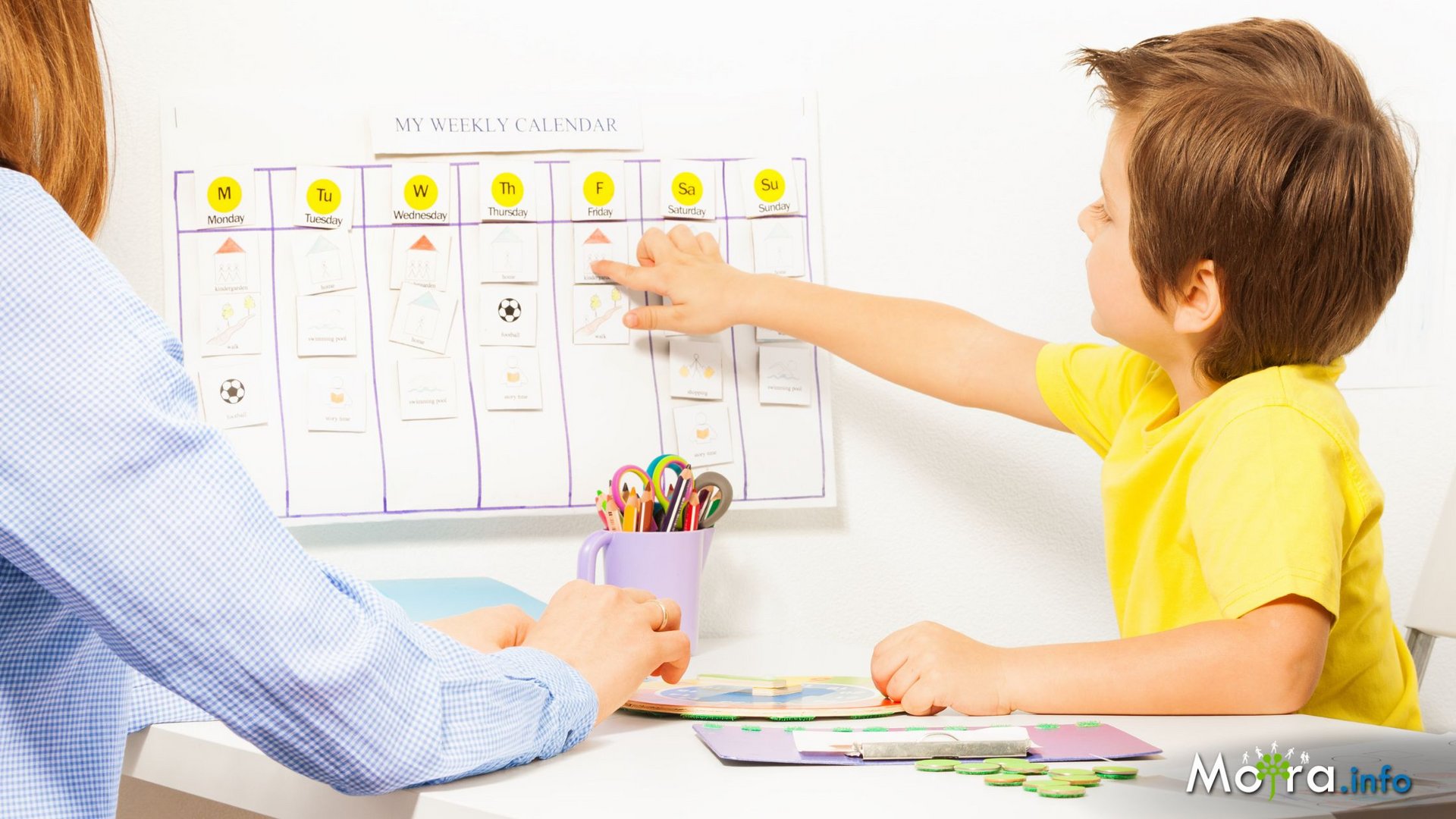Author: Psychological Counseling Center | Social Media | Social Networks | How to Use Social Media to Your Advantage
Social media has become an integral part of our daily lives. Platforms like Facebook, Instagram, Twitter, and TikTok are known worldwide and influence not only our daily activities but also our thinking, behavior, and overall mental health.
Social networks offer many advantages, such as the ability to stay in touch with friends and family, share experiences and information, and create and support various communities. However, they also have negative aspects that can significantly impact users' mental and physical health. To better understand how social networks affect different groups of people, it's necessary to explore their impact on people's lives in more detail.
Negative Impacts of Social Media
Excessive and improper use of social media can have several negative consequences on a person's mental health.
- Addiction - The foremost and most severe negative impact of social networks on individuals is addiction. Social media addiction can lead to excessive use and neglect of real life and responsibilities. High addiction rates among children can negatively affect their school performance, concentration, and social skills.
- Low Self-Esteem - Constantly comparing oneself to others on social media can lead to feelings of inferiority and low self-esteem. Edited and retouched photos create an illusion of a perfect life, which is often not the reality. Negative comments and pressure to maintain a certain lifestyle can increase anxiety and contribute to depression. We only see the "highlights" of others' lives on social media, which can negatively impact our self-esteem and self-assessment.
- Sleep Disorders and Health Issues- Blue light from screens and constant use of social media before bed can disrupt sleep patterns and quality. Continuous tapping on screens and holding smartphones can also harm our carpal tunnels. Damage or irritation to these tunnels, through which nerves pass, can cause significant pain and even numbness in the hands. Constant hunching over phones also does no favors for our spines.
- Social Isolation - People often prefer communicating via mobile devices and social networks over real-life conversations. This can lead to increased loneliness and decreased social skills.
- Negative Comparisons- On social media, people typically share only their joyful moments, not their painful ones. Constantly seeing others' successes and happy moments can provoke thoughts like: "What am I doing wrong?" or "Why don't I have such luck?" This kind of thinking can increase feelings of inadequacy and anxiety.
- Cyberbullying - Social media and online platforms are also frequent venues for cyberbullying, which has a serious impact on the victim's mental health. Cyberbullying, which includes inappropriate and negative comments on photos or threats in messages, leads to anxiety, depression, and in extreme cases, suicidal thoughts. We should be especially cautious with children who use social networks and monitor what content they share and discuss. Messages can also involve sexual harassment or extortion.
Vulnerable Groups
When discussing social networks and their impact on individuals, it's important to recognize that not everyone is affected equally. Certain groups are more susceptible and require greater vigilance. Children and adolescents, young adults, and the elderly are among the most vulnerable due to their psychological and social circumstances.
Children and Adolescents
This group is the most vulnerable regarding the influence of social networks on their mental development. Psychologically, children and adolescents are in a developmental phase where their self-esteem and identity are forming. Social networks often depict models and influencers in an idealized light, where every photo and video is carefully retouched and edited. This idealized image of beauty can cause young girls, in particular, to feel that they need to achieve such levels of perfection to be considered beautiful or valuable. Consequently, adolescent girls may start comparing themselves to these unrealistic ideals, leading to negative perceptions of their own bodies and appearance. This pressure can result in many psychological problems, including low self-esteem, anxiety, and depression.
Young Adults
Young adults are equally vulnerable as children and adolescents. They often feel the pressure to present themselves in the best possible light on social networks, leading to stress and unrealistic expectations. They are almost daily exposed to various misinformation that can influence their opinions and decisions.
Elderly
People who live alone and are isolated from the outside world may find social networks a way to stay connected with the world but are also vulnerable to fraud and misinformation. They are not as digitally literate as young people, and their lack of experience with technologies can make them easily influenced and vulnerable to cyber-attacks.
Why Are These Groups Most Vulnerable?
Children and adolescents, whose brains are still developing, are more susceptible to external influences, making them easier targets for manipulation and bullying due to a lack of experience and critical thinking. Young adults, seeking their identity and place in society, often face increased pressure for success and popularity, leading to negative psychological consequences when using social networks. Elderly individuals, with less experience with modern technologies, can be easily manipulated and at risk of fraud when seeking company and information online.
Positive Impacts of Social Media
Social media also has several positive effects on mental health. One of these is the sense of connection we feel through social networks. We can stay in constant contact with friends and family, which increases feelings of belonging and support. Social media provides quicker access to various information and educational resources, promoting cognitive development and raising awareness of various topics. Different groups and communities on social networks offer support to people with specific issues or interests, such as mental illnesses, health problems, or hobbies.
Finding Balance in Using Social Media
- Delete apps that waste your and your children's time.
- Occasionally check whom your children communicate with on social networks and what content they follow and share. This can prevent harassment, extortion, or early signs of cyberbullying.
- Educate yourself and raise awareness about cyberbullying. Learn how to recognize and address it. If you or your child is a victim of cyberbullying, don't hesitate to seek help from professionals or trusted individuals.
- Be mindful of how and why you use social networks. Focus on positive interactions and avoid negative comparisons. Follow accounts and pages that inspire and support you.
- Create more personal relationships offline and spend more time with family and friends outside the digital world. This will help reduce feelings of isolation and improve overall well-being.
Social media and networks are powerful tools that can significantly impact our mental health. It's essential to recognize this influence and use them responsibly. A balanced approach and mindful use of social media can help us harness their benefits while minimizing the risks associated with their use.




























Enter your comment.